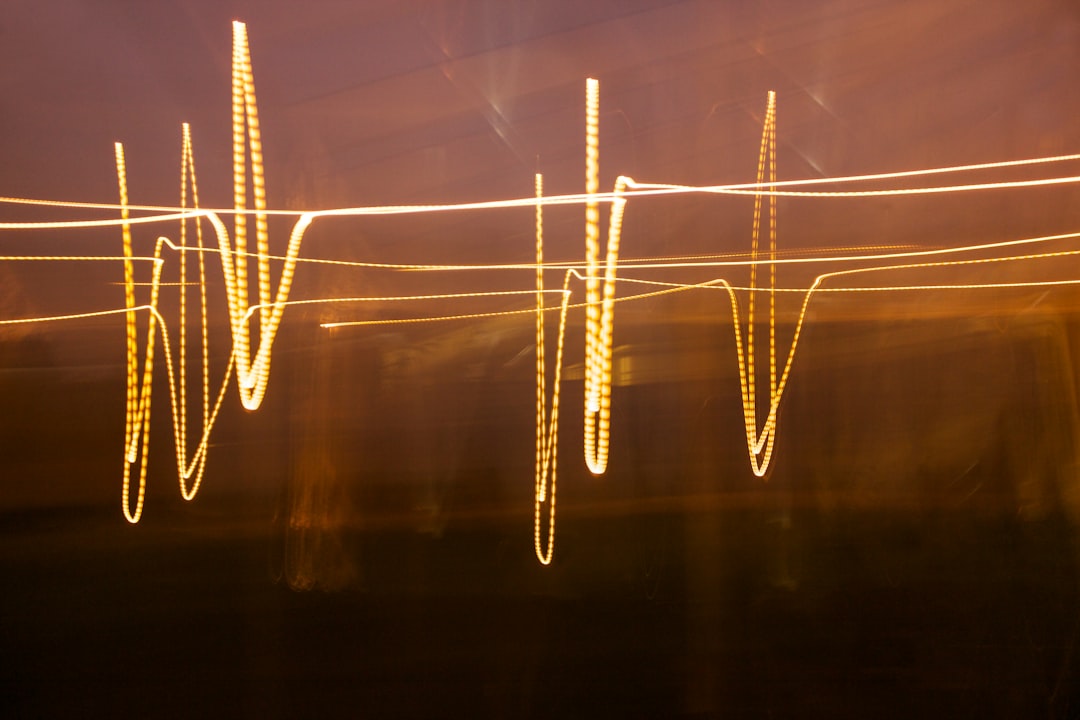Quick Updates!
If you saw last week’s newsletter, you know that my book is almost 1 year old (!!!) and I’m trying to celebrate in ways that continue to get the word out.
Here are the goals:
100 ratings/reviews on Amazon (last week’s goal) - Update: 93!
2000 followers on Instagram (this week’s goal)
1000 subscribers to Substack (coming soon)
1200 followers on Facebook (coming soon)
Social media frenzy on August 9
Here’s how you can help with this week’s goal. First, follow me on Instagram if you don’t! If you do, pick a post of mine that resonates with you and add it to your stories, tagging me. That will help more folks find me and the book, on a platform that isn’t currently imploding like Twitter.
Thanks as always for your support. This week’s post has been on my mind for a while. I hope it means something to you.
In the time I’ve spent working with people experiencing homelessness, I’ve gotten to know many who use drugs, and many still who struggle with an addiction to drugs or other substances. I’m wary of conflating these groups, as the numbers show that the percentage of unhoused people who have addictions is less than what many assume. But because of the specific settings where I’ve worked, I interacted primarily with people who are in the middle of that venn diagram.
As I worked with people who challenged the stereotypes I had around drug use and addiction, I was opened up to a whole world of alternative thinking about these issues that resonated with my relational experiences. It led me to this video, which I have watched countless times, and which I highly encourage you to watch now:
CW/TW for video: drug use, overdose, needles (all animated)
This video slightly overstates its point. I echo the experts around addiction who recognize it is a reaction between chemical, developmental, psychological, and social factors. However, the social connection aspect has been entirely neglected and misunderstood, and this video is incredibly helpful for understanding and transforming that conversation.
It was based on the research of journalist Johann Hari who wrote a masterful book called Chasing the Scream: The First and Last Days of the War on Drugs, which is my #1 book recommendation for anyone interested in this topic. Toward the end of the book, as he reflects on all that he’s discovered about how addiction actually works, and what truly helps those who experience it, he writes this exquisite paragraph:
When I returned from my long journey, I looked at my ex-boyfriend, in withdrawal, trembling on my spare bed, and I thought about him differently. For a century now, we have been singing war songs about addicts. It occurred to me as I wiped his brow, we should have been singing love songs to them all along.
In most addiction/recovery curriculums, there is a lot of God-talk. In AA and 12 Step there is an emphasis on a higher power, and the need to surrender to it, even if you don’t interpret that higher power as necessarily religious. But as anyone who’s ever pondered theology knows, your image of God will shape everything you associate with God.
And unfortunately, I think that the image of God in many recovery groups is one of judgment and shame. But I believe in a God of boundless love—a God who would sit and wipe your brow while you’re in withdrawal.
A God who would sing love songs over you until you believed them about yourself.
To anyone who is struggling with an addiction: God is singing a song of love over you. If you listen close, you may hear it over the sound of your self-talk. You may even hear it over the sound of every friend or family member or stranger or pastor who’s ever made you feel less-than-worthy.
To anyone who knows or has known someone with an addiction: it’s hard sometimes for people to hear the love songs of God over the cacophony of shame, judgment, failure, isolation, incarceration, and disdain. Why not join Love’s chorus?
I’ll leave you with the words of my friend Shawn Morrissey. He’s an incredible advocate for people experiencing homelessness in Pasadena and beyond, who draws from his own journey of homelessness and addiction to sing songs of love over people. He wrote this not long ago on Facebook:
Drugs aren’t addicting.
Comfort is addicting,
Community is addicting,
Nurture is addicting,
Hugs are addicting,
Positive regard is addicting,
To have; to hold value is addicting,
Belonging is addicting,
Compassion is addicting,
Being seen is addicting,
Kindness is addicting,
Esteem is addicting,
Service is addicting,
Inclusion is addicting,
Affirmation is addicting,
Acceptance is addicting,
Connection is addicting,
Non judgement is addicting,
Authenticity is addicting,
Purpose is addicting,
Love is addicting
Love is addicting
Love is addicting
Drugs aren’t addicting…
…except in the absence of these things.




Appreciate your compassionate approach to substance use disorder. I’m a mother with lived experience with a heart for those who use substances. I belong to a Facebook group called Moms For All Paths. Please feel to join us. I believe God loves each person who uses drugs with compassion and no judgement. Thank you 💗
Thanks Kevin for helping us look with compassion.
On Pastor Trey's recommendation I've just bought your book :)